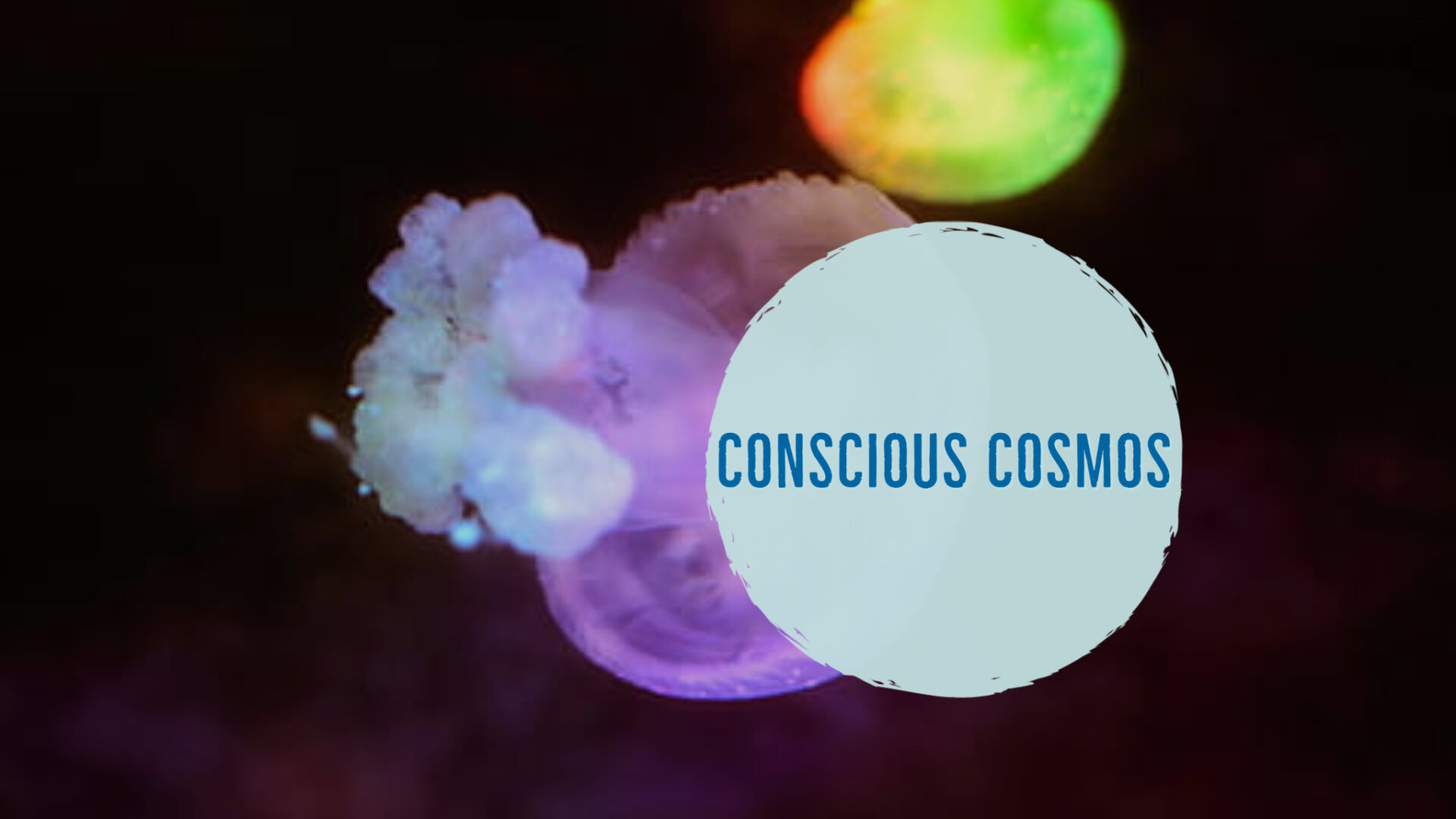Are the ideas of scientists similar to the philosophy of Charvaka? Where does the idea of collective memory fit in this philosophy?
TEDx decided to pull out the videos of talks of eminent modern thinkers from its YouTube channel (see quote below). This is because these talks started a heated debate among scientists about the role of consciousness in scientific approach. The following are the highlights from these speakers. A) Graham Hancock, the author of many best sellers, in his talk proposes human consciousness to be 40,000 years old. Besides he believes the consumption of potent herbs to have birthed human consciousness. B) Rupert Sheldrake, a biologist turned author, stands by a hypothesis named “morphic resonance“. Secondly, he uses this theory to demonstrate the role of collective memory in shaping the habits of life forms.
We’re not censoring the talks. Instead, we’re placing them here, where they can be framed to highlight both their provocative ideas and the factual problems with their arguments
Statement by TEDx in 2013
Scientists on both sides of the ensuing debate began accusing the other side of harboring dogma in accepting/rejecting the role of consciousness. Certainly, contemporary science has evolved, believing consciousness to be a result of a chemical interaction in the human brain. However, new discoveries continually challenge experts in many scientific fields. Consequently, some are beginning to wonder if consciousness can be independent of matter. Rupert Sheldrake ideas on collective memory may turn out to be like the continental drift theory of Wegener was in 1915. Wagner too had few friends.
Consciousness as an integral part of Cosmos
Emperors in ancient India sponsored thinkers on both sides of supremacy debate. Some thinkers believed in the continued existence of an Atma, the source of consciousness, after death. Others did not agree with this viewpoint. For example, the philosopher Charvaka’s viewpoints are similar to the contemporary view of modern scientist.
Students in India can read of the debate between Prince Rama and Jabali, one of the eight ministers of Emperor Dasharatha. Jabali took the position that the physical body is the only host for human consciousness. Surprisingly, Ramayana, a spiritual text refers to this debate. Sage Vasishta, another of Dasaratha’s eight ministers, taught prince Rama an all-pervading view of consciousness (conversation with Prince Rama). This viewpoint is shocking even today.
Vedas hint at the evolutionary development of sensory organs. I discuss the idea of Prachina Barhis (human ears) and Chakshusha Manu (eyesight) in my other posts.
